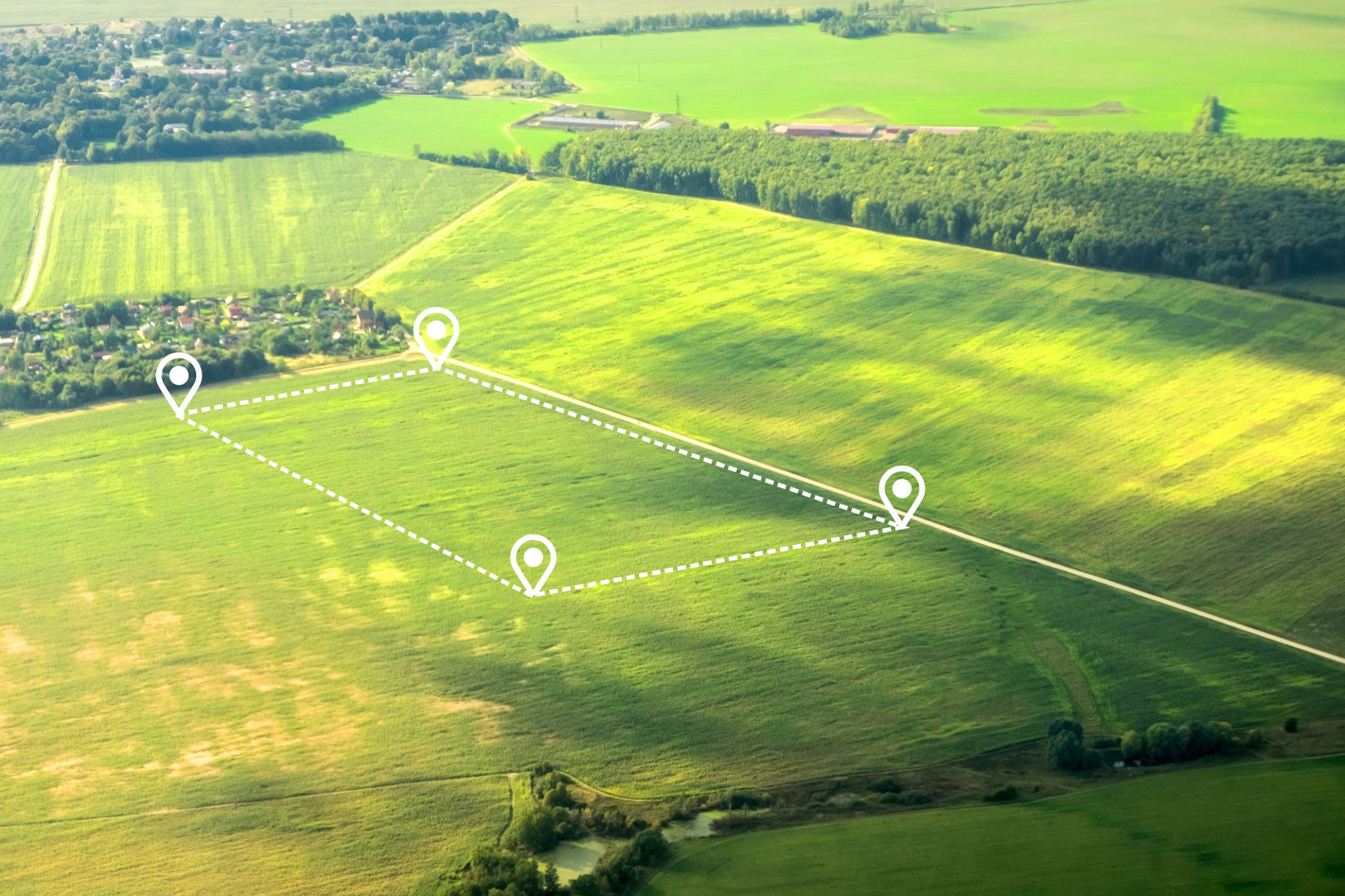Understanding Local Regulations for Homestead Planning in Marion County
Introduction to Homestead Planning
Planning a homestead is an exciting venture that many people embark upon to enjoy a self-sufficient lifestyle. However, understanding the local regulations in your area is crucial to ensure that your plans can proceed smoothly. In Marion County, these regulations can be quite specific, and it's important to be aware of them before getting started.

Understanding Zoning Laws
Zoning laws play a significant role in determining what you can and cannot do on your property. In Marion County, lands are divided into various zones such as residential, agricultural, and commercial. Each zone has its own set of rules regarding building structures, farming activities, and animal husbandry. It is essential to verify the zoning classification of your land before making any plans for your homestead.
For instance, if you are planning to keep livestock, you must ensure that your property is zoned for agricultural use. Violating zoning laws can lead to fines and even legal battles, so it's best to consult with the local zoning office when in doubt.
Building Permits and Codes
Another important aspect of homestead planning is understanding building codes and permit requirements. In Marion County, any new construction or significant modifications to existing structures typically require a building permit. This ensures that all structures adhere to safety standards and local ordinances.

Before beginning any construction, contact the Marion County Building Department to gather information about necessary permits. They can guide you on the application process, fees, and inspections required during construction. Adhering to these regulations not only keeps you compliant but also ensures the safety and integrity of your homestead.
Environmental Considerations
Environmental regulations are another critical component of homestead planning. Marion County places a strong emphasis on protecting natural resources and ensuring sustainable land use. This means that certain activities might be restricted or require special permits, especially if they impact wetlands, water bodies, or protected wildlife habitats.
It's advisable to conduct an environmental assessment of your property to identify any protected areas. Consulting with local environmental agencies can provide clarity on what is permissible and help you plan accordingly to minimize ecological impacts.

Water Usage and Rights
Water is a vital resource for any homestead, especially if you plan to engage in agricultural activities. In Marion County, water usage is regulated to ensure sustainable use and conservation of water resources. It's important to understand the water rights applicable to your property, particularly if you intend to drill a well or divert water from a nearby source.
Contact the local water management district to learn about any restrictions or permits required for water usage on your homestead. Proper planning in this regard can prevent potential legal issues and ensure a steady supply of water for your needs.
Navigating Regulatory Compliance
Navigating through the various regulations can be daunting, but it's crucial for successful homestead planning. Consider hiring a consultant or working with local agencies that offer guidance on regulatory compliance for homesteaders in Marion County. They can provide valuable insights and help streamline the process of meeting all legal requirements.
By understanding and adhering to local regulations, you can create a homestead that not only meets your personal goals but also contributes positively to the community and environment. Proper planning ensures that your dream homestead becomes a reality without unnecessary setbacks or complications.